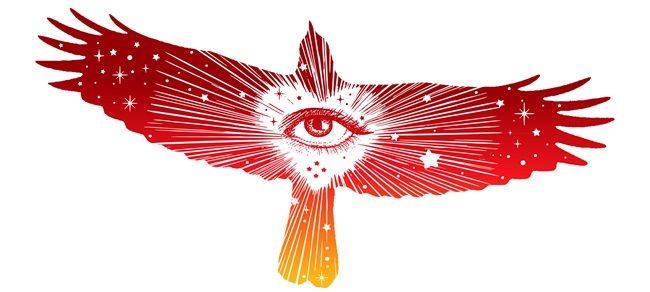Feb 22, 2026
Feb 22, 2026
How AI Is Stirring
the Ancient Cauldron of Intellectual Property in Drug Discovery
Who is an inventor? Is it the genius mind behind the innovation or the hand that crafts the creation? Or perhaps it is the advanced technological system that simulates human intelligence, outpacing humans themselves? As we delve deeper into the age of artificial intelligence (AI), we find ourselves grappling with these provocative questions, challenging the established norms of intellectual property rights (IPR) and turning the world of drug discovery on its head.

Ever since the British Parliament put its seal on the Statute of Monopolies in 1623, the patent system has evolved, metamorphosing into the modern framework we recognize today. This intricate system, once thought of as a human-exclusive playing field, now witnesses a seismic shift as AI crashes the party. What does this mean for the pioneers in drug discovery or the creators of art, and how does this shift in thinking impact the interpretation and execution of IPR?
The scenario is akin to a well-crafted drama, playing out on a global stage. Picture Getty Images, the stock photography titan, locked in a battle with the start-up Stability AI. Getty alleges that Stability AI has infringed on its copyrights by copying over 12 million images to build a competing business. Stability AI, on the other hand, argues for the democratization of AI to foster global creativity and innovation.
The crux of the conflict lies in the appropriation of copyrighted images, used to train AI tools. This brews a storm, stirring a complex twist in the ancient battle of copyrights. The endgame is unclear, as both policymakers and judges wrestle with the implications of AI's disruptive force on the hallowed ground of IPR.
A parallel narrative unfolds in the realm of medicine, where the question of AI patenting takes on a life-and-death significance. Should AI systems, capable of making ground-breaking discoveries, be awarded patents? Take, for instance, the triumphant moment when an AI system recently discovered a new antibiotic capable of combating a deadly superbug. A triumph for mankind, indeed, but a quagmire for the patent system.
AI's role in drug discovery isn't merely supportive; it's pivotal. It’s the vanguard of a new era, radically reducing costs and time invested in the first phase of drug discovery. But the question remains: Who should claim the victory – the AI system or the human behind the curtain?
Case in point, the saga of computer scientist Stephen Thaler's AI system, which designed a beverage holder and an emergency light beacon, only to be refused patent rights by the US Patent and Trademark Office. The reason? As per the existing rules, only humans can be inventors.
But winds of change may be afoot, as evidenced by Lantern Pharma's recent claim on a new molecular entity discovered by its AI system. Are we on the precipice of a new dawn in which AI shares the inventor's mantle with humans?
As we stride into an AI-augmented future, the central questions surrounding IPR remain as pertinent as ever. Who owns the fruits of artificial intelligence? Is it time for us to revise our understanding of the inventor and expand the hallowed halls of IPR to welcome AI? How do we adapt the ancient laws of intellectual property to accommodate this radical technological evolution? And most importantly, can we navigate this change without stifling the spirit of human innovation and creativity?
These questions call for thoughtful introspection, discussions, and debates as we continue to write the story of AI's role in drug discovery and beyond. As the curtain rises on the next act of this global drama, the world watches in anticipation, waiting to see how the story unfolds. The future beckons, and the questions persist. Are we ready to answer them?
Image (c) istock.com
31-Mar-2024
More by : P. Mohan Chandran